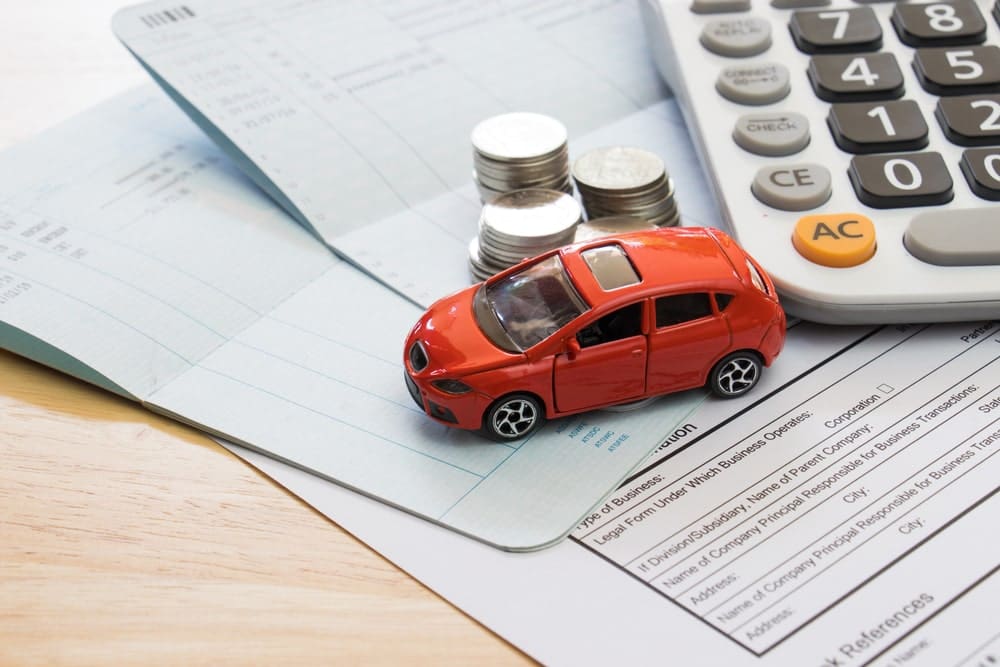Slip and fall accidents are among the most common types of premises liability claims in Texas. Though they may sound minor, these incidents can result in serious injuries or fatalities. In Dallas, a property owner or occupier can be held legally responsible if a hazardous condition on their premises caused the injury and they failed to act reasonably in preventing it.
Choose experienced personal injury lawyers in Dallas for your slip and fall accident claim to recover the highest possible compensation you may be entitled to.

What Is a Slip and Fall Claim?
A slip and fall claim is a type of personal injury lawsuit that falls under the broader category of premises liability. It arises when someone is injured after slipping, tripping, or falling due to a dangerous condition on another person’s property. These accidents can occur on public, private, or commercial property, such as grocery stores, restaurants, apartment complexes, office buildings, sidewalks, and parking lots.
To succeed in a Texas slip and fall case, the injured person or their Dallas personal injury lawyers must prove that the property owner or occupier was negligent, meaning they failed to take reasonable steps to prevent the hazard or to warn about it.
Legal Elements of a Slip and Fall Claim in Dallas, TX
Under Texas law, your slip and fall accident lawyer must prove the following elements for a successful claim:
- Duty of Care: The property owner owed a duty to the injured person based on their legal status on the property (invitee, licensee, or trespasser).
- Knowledge: The property owner or occupier knew (had actual knowledge) or reasonably should have known (had constructive knowledge) about the dangerous condition.
- Failure to Act: The owner failed to address, repair, or warn about the hazard promptly.
- Causation: The dangerous condition directly caused the injury.
- Damages: The plaintiff suffered actual harm (e.g., medical bills, lost wages, pain and suffering).
Visitor Status and Duty of Care in Dallas
Texas law categorizes visitors into three main types, which affect their level of care owed to others:
- Invitees: Individuals on the property for the owner’s benefit, such as customers in a store. Property owners owe invitees the highest duty of care, including regular inspections and prompt correction or warnings of known hazards.
- Licensees: Social guests or others present with permission but for their own purposes. Property owners must warn licensees of known, non-obvious hazards, but aren’t required to inspect the property.
- Trespassers: Individuals on the property without permission. Property owners generally owe no duty of care to trespassers except to refrain from willfully harming them.
Common Causes of Slip and Fall Accidents in Dallas
While slip-and-falls can happen anywhere, certain property conditions frequently lead to accidents:
- Wet or slippery floors (from spills or cleaning)
- Uneven flooring, cracked pavement, or loose tiles
- Poor lighting in stairwells or hallways
- Unmarked hazards, such as cords or cables
- Broken handrails or unsafe stairs
- Debris or clutter in walkways
- Icy sidewalks or unshoveled entryways during winter
The condition that caused the fall must be clearly identified and connected to the property owner’s failure to maintain safe premises.

Evidence Required to Prove Liability in a Dallas Slip and Fall Injury Claim
Building a successful slip and fall claim requires strong, timely evidence. Important items include:
- Photographs of the hazard (preferably taken immediately after the incident)
- Witness statements from people who saw the fall or the condition that caused it
- Surveillance footage, especially in commercial settings
- Incident reports are filed with the business or property owner
- Medical records showing the extent and cause of the injury
- Maintenance logs or inspection records (which may show a history of negligence)
Preserving evidence quickly is critical because surveillance videos may be overwritten, witness memories may fade, or other evidence may disappear.
Statute of Limitations for Slip and Fall Claims in Dallas, TX
In Texas, the statute of limitations for filing slip and fall claims is two years from the date of the accident. Failure to file within this period typically results in dismissal of the claim, regardless of its merits.
If the injury occurred on government-owned property, such as a city sidewalk or public building, special rules apply. Under the Texas Tort Claims Act, injured individuals must provide formal notice of their claim, generally within six months, and sometimes as short as 90 days, depending on the municipality.
Talk to Our Proven Slip and Fall Injury Lawyers in Dallas
If you were injured in a slip and fall accident in Dallas, Amanda Demanda Injury Lawyers is here to help. Our experienced slip and fall attorneys know what it takes to hold negligent property owners accountable and recover maximum compensation for your injuries.
We thoroughly investigate your claim, find critical evidence, and advocate aggressively on your behalf during settlement negotiations or at the trial. To schedule your free consultation, call us 24/7 at 1-844-DEMANDA or contact us online.























